Urban Biodiversity Initiatives




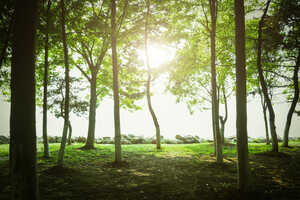
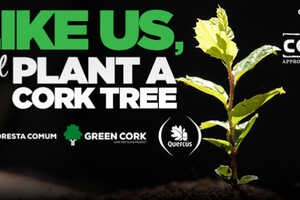
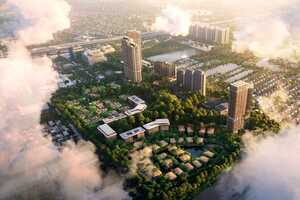


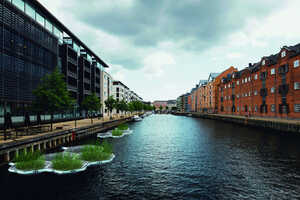




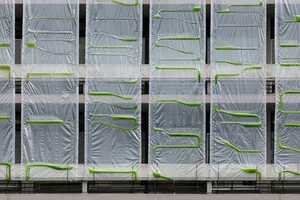
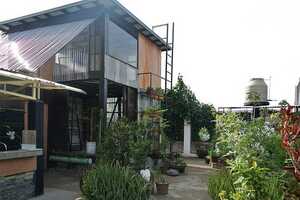
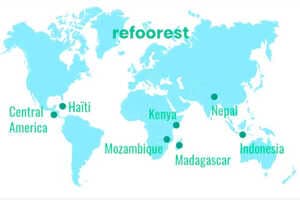
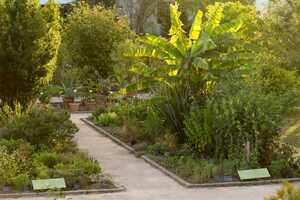
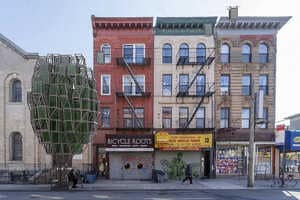
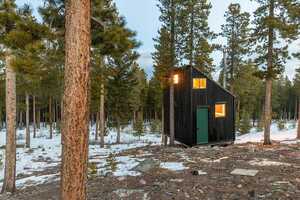

Micro-Forest Initiatives are Transforming Urban Landscapes
Georgia Wray Norsten — January 17, 2025The micro-forest movement, inspired by Japanese botanist Akira Miyawaki, is reshaping cities by turning small plots of land into densely planted, sustainable green spaces. Using native species, these tiny forests grow up to 10 times faster than traditional monoculture forests and become self-sustaining within just a few years.
Organizations like Earthwatch Europe and SUGi have planted hundreds of micro-forests across cities worldwide, from North London to Beirut. These pockets of greenery combat urban challenges such as pollution, soil degradation, and rising temperatures while creating vital habitats for wildlife. Additionally, they foster community well-being by providing spaces for connection, leisure, and education.
Despite challenges like pollution and drought, micro-forests represent a powerful tool for urban sustainability. By engaging local communities in their creation and stewardship, these initiatives promote environmental awareness and empower people to play an active role in shaping greener, healthier cities.



